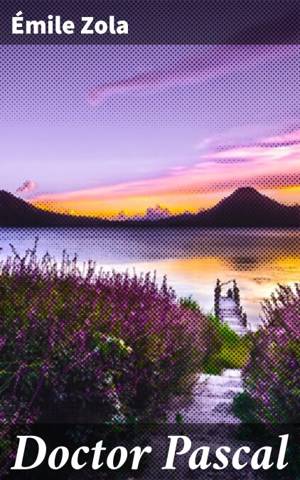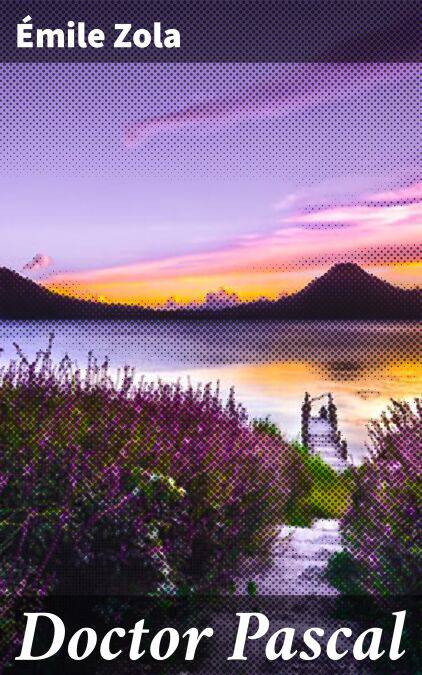
- Retrait gratuit dans votre magasin Club
- 7.000.000 titres dans notre catalogue
- Payer en toute sécurité
- Toujours un magasin près de chez vous
- Retrait gratuit dans votre magasin Club
- 7.000.0000 titres dans notre catalogue
- Payer en toute sécurité
- Toujours un magasin près de chez vous
Doctor Pascal EBOOK
Exploring heredity, science, and societal expectations in provincial France
Émile Zola
Ebook | Anglais
0,49 €
Format
Description
In "Doctor Pascal," √âmile Zola crafts a poignant narrative that examines the intersections of medicine, ethics, and familial ties, bringing forth his signature Naturalist style. This final installment in the Rougon-Macquart series delves into the life of Doctor Pascal Rougon, who seeks to unlock the mysteries of heredity and the human condition. Zola's meticulous attention to the minutiae of his characters' lives paints a vivid portrait of the struggles and vicissitudes faced by individuals in 19th-century France, all while enveloping the reader in an atmosphere of scientific inquiry tempered by emotional complexity. The text is a culmination of overarching themes of determinism and the influence of environment, demonstrating Zola's alignment with contemporary scientific discourse of his time. √âmile Zola (1840-1902), known as the father of Naturalism, was deeply influenced by his own experiences and the burgeoning field of biology and heredity during the 19th century. His personal investigations into the societal dynamics of his era motivated Zola to explore complex subjects such as social injustice, human struggle, and the interplay of nature and nurture. "Doctor Pascal" reflects his commitment to revealing the often harsh realities of life, shaped by both individual choices and inherited predispositions. I wholeheartedly recommend "Doctor Pascal" to readers interested in the confluence of literature and science. Zola'Äôs work not only entertains but also provokes critical thought about our own natures and the societal structures that shape our destinies. This profound exploration is essential for anyone seeking to understand the intricacies of human behavior and the socio-historical context of late 19th-century France.
Spécifications
Parties prenantes
- Auteur(s) :
- Traducteur(s):
- Editeur:
Contenu
- Nombre de pages :
- 334
- Langue:
- Anglais
Caractéristiques
- EAN:
- 4057664190673
- Date de parution :
- 19-11-19
- Format:
- Ebook
- Protection digitale:
- Digital watermarking
- Format numérique:
- ePub

Les avis
Nous publions uniquement les avis qui respectent les conditions requises. Consultez nos conditions pour les avis.






